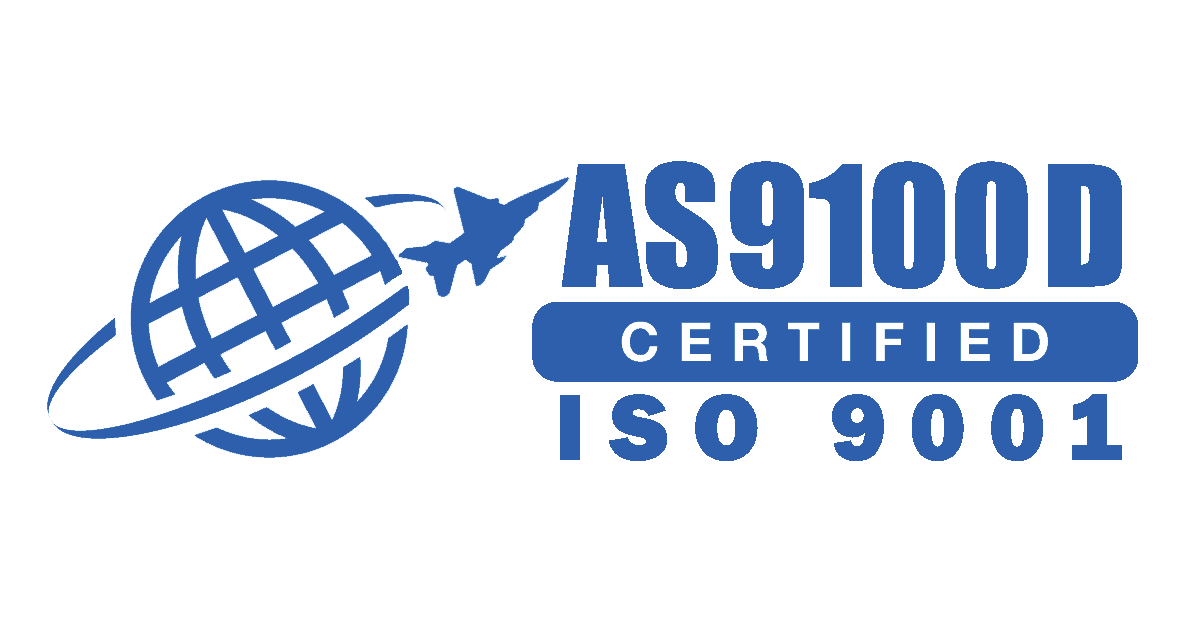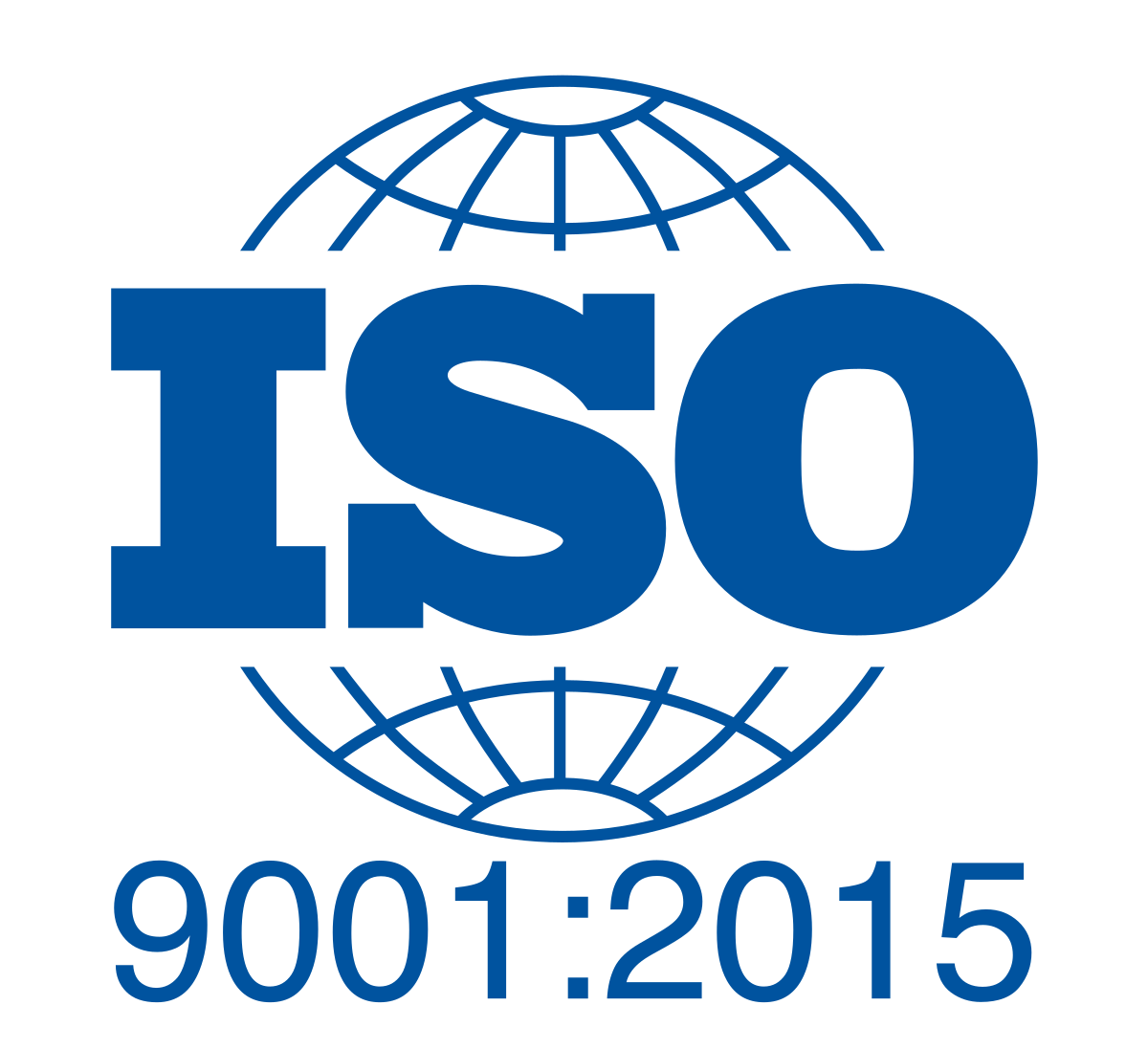Plastic Injection Molding – FAQs
1. What types of plastic materials can you mold?
We work with a wide range of thermoplastics, including ABS, polypropylene, polycarbonate, nylon, and specialty engineering resins. We also assist with material selection based on your application needs.
2. What is the typical lead time for injection molding projects?
Lead times vary depending on the complexity of the part and tooling requirements. Prototype parts can often be delivered within 2–4 weeks, while production tooling may take 4–8 weeks.
3. Do you provide mold design and tooling in-house?
Yes, our in-house engineering team designs and builds molds using advanced CAD/CAM software. We offer DFM support and mold flow analysis to ensure part quality and mold longevity.
4. Can you handle both low-volume and high-volume production?
Absolutely. We accommodate everything from short runs for prototyping to high-volume production orders using multi-cavity tooling and automated processes.
5. What industries do you serve with plastic injection molding?
We supply plastic molded parts for automotive, consumer goods, electronics, agriculture, food and beverage, and medical devices.
🔹 Machining Pump Components – FAQs
1. What types of pump parts do you machine?
We machine impellers, casings, wear rings, shafts, volutes, seal housings, couplings, and custom pump parts to tight tolerances.
2. Which materials can you machine for pump components?
We machine a wide range of materials, including stainless steel, bronze, aluminum, Inconel, Hastelloy, and engineered plastics, depending on fluid compatibility and pressure requirements.
3. Do you provide reverse engineering for obsolete parts?
Yes, we offer reverse engineering services using sample parts or legacy drawings to recreate or improve existing components.
4. What industries use your pump components?
Our machined pump parts are used in water treatment, oil & gas, food processing, chemical processing, and agricultural systems.
5. Can you provide surface treatments or coatings?
Yes, we offer a variety of secondary processes such as anodizing, powder coating, electroless nickel plating, and heat treating to meet your part requirements.
🔹 Aerospace Component Machining – FAQs
1. Are you certified for aerospace machining?
Yes, JenBro Manufacturing operates under AS9100-compliant and ISO 9001-certified quality systems to meet aerospace standards and traceability requirements.
2. What types of aerospace components do you machine?
We manufacture brackets, turbine housings, engine mounts, sensor housings, fasteners, and complex structural components for aircraft and aerospace systems.
3. Can you work with aerospace-grade materials?
Absolutely. We have extensive experience machining titanium, Inconel, stainless steel, aircraft-grade aluminum, and high-performance composites.
4. Do you offer First Article Inspection (FAI) and documentation packages?
Yes, we provide FAI reports, material certifications, inspection data, and full traceability documentation upon request.
5. Do you support aerospace prototyping and low-volume builds?
Yes, we support aerospace development teams with prototype parts, R&D machining, and low-volume production with fast turnaround.
🔹 CNC Machining – FAQs
1. What is your CNC machining tolerance capability?
Our machines regularly hold tolerances of ±0.0002″ depending on part complexity, material, and geometry.
2. What types of parts can you produce?
We machine everything from custom brackets and enclosures to shafts, gears, and housings for multiple industries including medical, industrial, and automotive.
3. What materials can you machine?
We machine aluminum, stainless steel, brass, copper, titanium, plastics, and a variety of alloys and composites.
4. Do you offer prototyping as well as production runs?
Yes, we can support single prototypes, small-batch orders, and full-scale production depending on your needs.
5. How do you ensure part quality and consistency?
We use CMM inspections, in-process quality checks, and SPC methods to ensure every part meets specifications. Our shop runs under strict quality control protocols.


